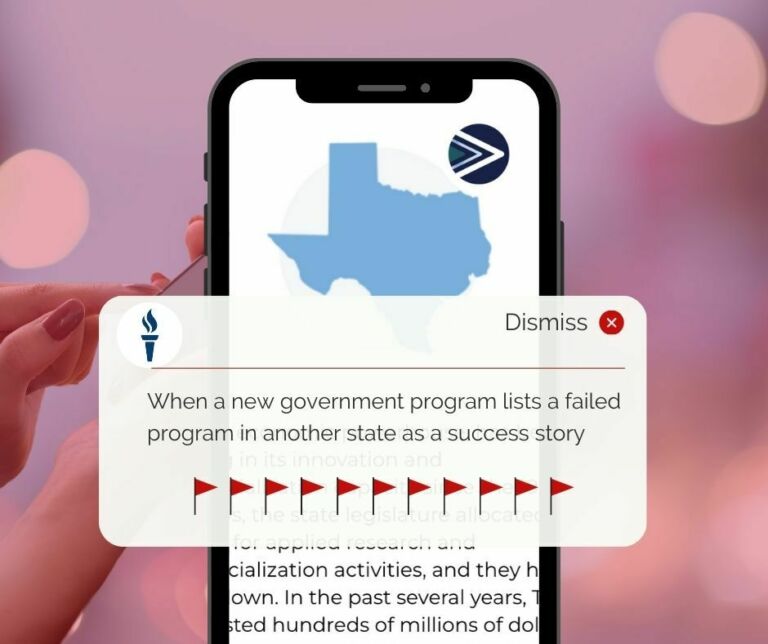When Governor Cooper, NC Department of Health and Human Services (DHHS) Secretary Mandy Cohen, and others go before the television cameras to give North Carolinians a COVID-19 update, the Cooper administration appears to give preferential treatment to certain reporters and media outlets. Such an abject rejection of their constitutional duty to provide freedom of the press is dangerous and mostly has been ignored by the favored few.
In a story reported in the North State Journal, the Cooper administration has contracted with a software company to provide the platform for the news conferences that provide updates on the administration’s actions related to the COVID-19 pandemic. The company’s product originally was developed for political applications, and it appears the Cooper administration’s use is no different. The software allows Cooper’s folks to screen the journalists and the questions that are asked during the updates. Some journalists, including those from the North State Journal, are ignored week after week.
The lack of the press’ access has prompted allegations that the Cooper administration has not been transparent during the COVID-19 crisis. When White House coronavirus response coordinator Dr. Deborah Birx discussed failings of North Carolina’s testing program with Secretary Cohen, many of the details of that conversation were only provided by others familiar with the discussion.
If the administration supported a free press in North Carolina, here is a list of questions that would help North Carolinians understand Governor Cooper’s handling of the COVID-19:
- The overwhelming COVID-19 outbreaks at North Carolina nursing homes have also been controversial. Early on, Vice President Pence implored all states to test both patients and caregivers at these facilities, but North Carolina failed to comply with this guidance six weeks later. The delay in testing was called “unconscionable” by health care experts. Despite numerous reports on the lack of testing at these facilities, details about the Cooper administration’s response have been lacking. In fact, North Carolina has one of the highest percentages of deaths from these facilities in the country, exceeding 60%. Did the DHHS encourage or mandate nursing homes to accept COVID-19 positive patients just as New York and other states did?
- Given the crisis at nursing homes, why did DHHS not begin testing patients and workers at these facilities as other states had done?
- As pressure to test residents at nursing homes increased and the deaths related to those residents continued to rise, did DHHS stop counting COVID-19 patients who were transferred to hospitals and then died as nursing home deaths?
- In another controversial move, Secretary Cohen requested and received emergency rulemaking to restrict the use of hydroxychloroquine for the treatment of COVID-19. The rule change was intended to stop doctors from writing prescriptions for the drug for their own use or for the use of their families, thereby potentially making the drug scarce for other uses. The drug is now in plentiful supply and appears to be effective in saving lives under at least some circumstances. In fact, Secretary Cohen’s alma mater has published an extensive study showing the efficacy of the drug. Has Secretary Cohen reconsidered her decision?
- The administration is anticipating a vaccine at some point. Assuming one is developed, will the Cooper administration mandate vaccination of all North Carolinians?
- Will the Cooper administration deny Medicaid coverage to those who have not been vaccinated?
- Will the Cooper administration issue ID cards that show a citizen has been vaccinated?
- Many aspects of the data reported by DHHS have raised questions, including the state’s lack of reporting of total deaths in the state. Because distinguishing between the actual cause of death and comorbidity can be difficult, the Centers for Disease Control looks at total deaths, irrespective of the cause and without the need for a death certificate, to gain insight into pandemics. North Carolina is six weeks behind in reporting total deaths and is last in the country, even though DHHS reports COVID-19 deaths daily. Does it take six weeks to learn of a patient’s death in a North Carolina hospital?
- Secretary Cohen frequently raises the need for Medicaid expansion even in the COVID-19 context. Her agency hasn’t been able to move the existing Medicaid program to the private sector in over three years. Could DHHS implement Medicaid expansion in time to impact the spread of the COVID-19?
- The American Academy of Pediatrics and many educational groups have stated that children’s health would be better served by going back to school. Are they wrong?
- Periodically, the data on the DHHS “Dashboard” change without explanation. Occasionally, the average values do not correspond to the data presented in the charts. To provide maximum transparency, would the department provide the raw data on which the dashboard is based?
- Secretary Cohen claims the percent positives of COVID-19 testing should be below 5% before the economy can open up. While the increasingly disreputable World Health Organization recommends the 5% number, what is Secretary Cohen’s basis for using the number?
- Rather than relying on an arbitrary number to reopen North Carolina’s economy, wouldn’t the change in the percentage be far more indicative of the spread of the virus?
- The handling of such a public health crisis is complex and requires a balancing of economic impacts and health impacts. Why are we only hearing from health care officials in these briefings?
- Secretaries Ronald Penny and Anthony Copeland of the departments of Revenue and Commerce, respectively, could help explain the impact the COVID-19 restrictions on our economy. Why are they not available?
Answers to these questions and others would give the public confidence in the Cooper administration’s policies. Instead, the administration has manipulated the press and left the public in the dark.


